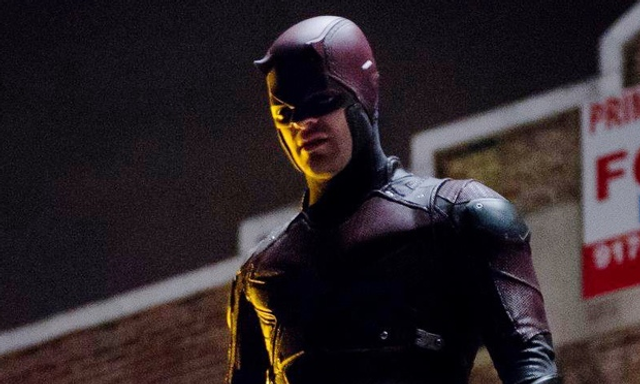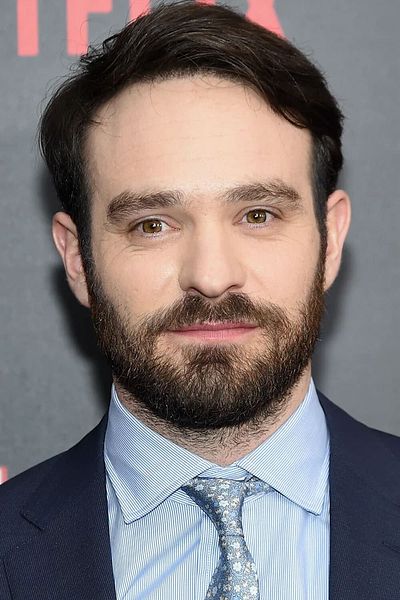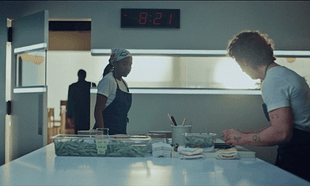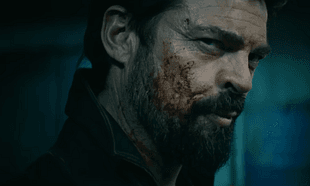The first Daredevil season was an experiment for Marvel and Netflix in many ways. You had a reasonably established character debuting on a service that was beginning to dip its toe into the world of original programming.
What was more experimental, though, was how Daredevil treated violence in the context of a superhero setting. Very often, the big complaints about major comic-book films is that they're completely bloodless and, at the same time, have huge body-counts that happen off screen. 2013's Man of Steel is the perfect example, with Superman levelling an entire city and nobody batting an eyelid. Daredevil's first season was about bringing it down to street-level and seeing the impact of each and every punch, kick and clobber over the head with a baton. Charlie Cox's surprisingly damaged performance called to mind Christian Bale in Batman; in that you had someone who was emotionally crippled and dealing with it in their own, messed-up way.
The second season takes off with a cracking episode that introduces Jon Bernthal's take on Frank Castle. The character, for those that don't know, was descended from '70s Marvel Comics - post-Vietnam War / Watergate, anti-establishment, justifiably angry. The first two episodes do a fantastic job of bringing Castle into the fold and their own grimy, vicious, almost exploitation-era take on Marvel. A fantastic scene sees Castle striding into a hospital with a shotgun and it's impossible not to draw parallels to the first Terminator film, both visually and metaphorically. Castle isn't really human - he is an engine of vengeance. The third episode, however, rounds out the character more fully as Castle and Murdock are trapped on a rooftop and end up discussing the morality of their own actions.
For such an action-orientated series to pull back and give a decent chunk of an episode solely to character development and understanding their motivations really is something. What's funny is that, in that same episode, you have a five-minute tracking shot of Murdock beating the crap out of angry bikers. Swings and roundabouts. This series also introduces Elektra Natchios, played by French actress Elodie Yung. A former lover of Murdock's, she's introduced in a slightly haphazard way but soon becomes ingrained into the series itself. Coy, but tough and resourceful, Elektra acts as the morally-ambiguous fold to Murdock's Catholic guilt. The two have an interesting chemistry and, more often than not, the series takes off into some steamy encounters.
With the addition of Elektra, The Punisher and a shadowy organisation of ninjas known only as The Hand, Daredevil as a whole begins to falter slightly under the weight. Having so many strands going in various directions means that it can become a little too full on and chaotic. Not only that, there are a few missed opportunities throughout the series - particularly involving Castle and the aftermath of when he's first introduced. However, it corrects itself pretty quickly with a fantastic and blood-drenched follow-up episode that's likely to be one of the best episodes in Marvel's television adventures. As well as this, Daredevil's unique visual style continues to impress and work well with what it has. There's almost an element of '70s horror / crime-thriller to the cinematography, not a million miles away from William Friedkin's output.

On the whole, Daredevil's second season lives up to what came before. The return of familiar faces, particularly Elden Henson as Foggy Nelson and Deborah Ann Woll as Karen Page, are all welcome as well as a few others from the first season. Charlie Cox continues to thread the thin line between saint and sinner as Daredevil and the addition of Jon Bernthal and Elodie Yung work well, despite it becoming somewhat cluttered in the final half of the series. Well-paced and sometimes almost too violent, Daredevil continues to push the boundaries for Netflix and Marvel.
Let's hope for a Punisher series as well.




















































































